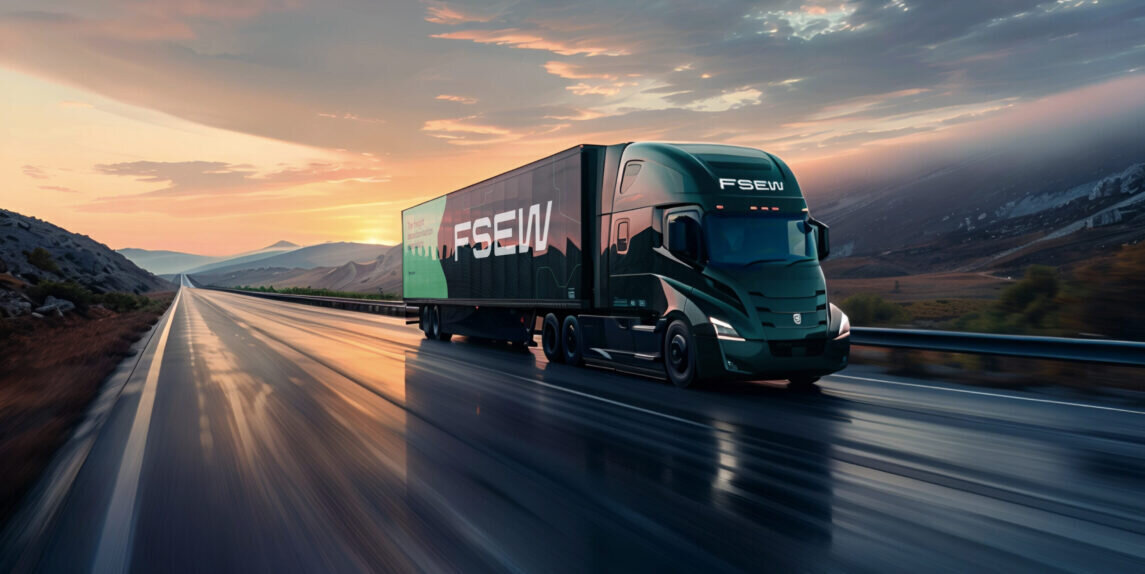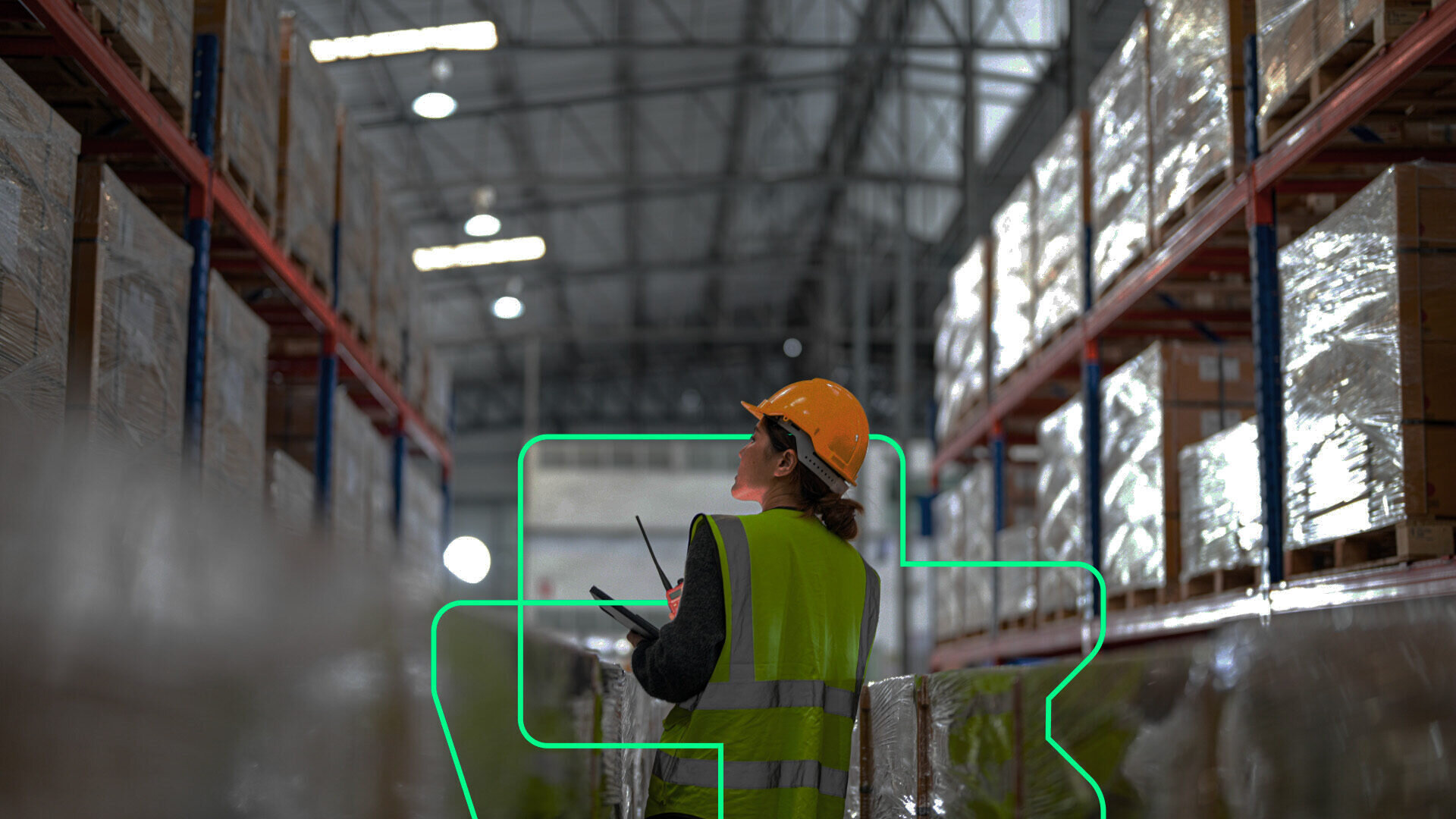In January 2022 we successfully launched the UK’s first commercial electric articulated 37 tonne HGVs. The first two lorries were employed by Tesco covering daily freight operations between Cardiff and Magor. The lorries replace around 65,000 diesel-fuelled road miles with clean green energy, removing 87.4 tonnes of CO2e per year. This is being rolled out with other customers.
Driving impactful change
Our fleet also uses 100% renewable biomethane fuel for freight transport use. Switching to biomethane fuel gives more than 85% reduction in CO2 emissions and up to 40% lifetime fuel cost saving from diesel.
This is just the beginning. We plan to replace more than 40 diesel vehicles with low-carbon alternatives and to switch fleet-wide net zero transport operation by 2030.

Our vision for a greener future
Working in collaboration
We are working in partnership with decarbonisation specialist Egnida and electric vehicle experts DAF Trucks to launch the next generation of heavy freight trucks.
Egnida is helping FSEW to create a profitable low-carbon business model which will help FSEW to deliver a zero emissions service in the future and support customer demand for greener fleets

e-Freight Hub
Plans are underway to create an e-Freight Hub in Cardiff which will include a low carbon fuel facility for the use of all freight providers and commercial and municipal operators, including bus and refuse lorries. This will include an innovative storage system to make the most of local renewable energy generation as well as a new maintenance and assembly centre of carbon vehicles.
